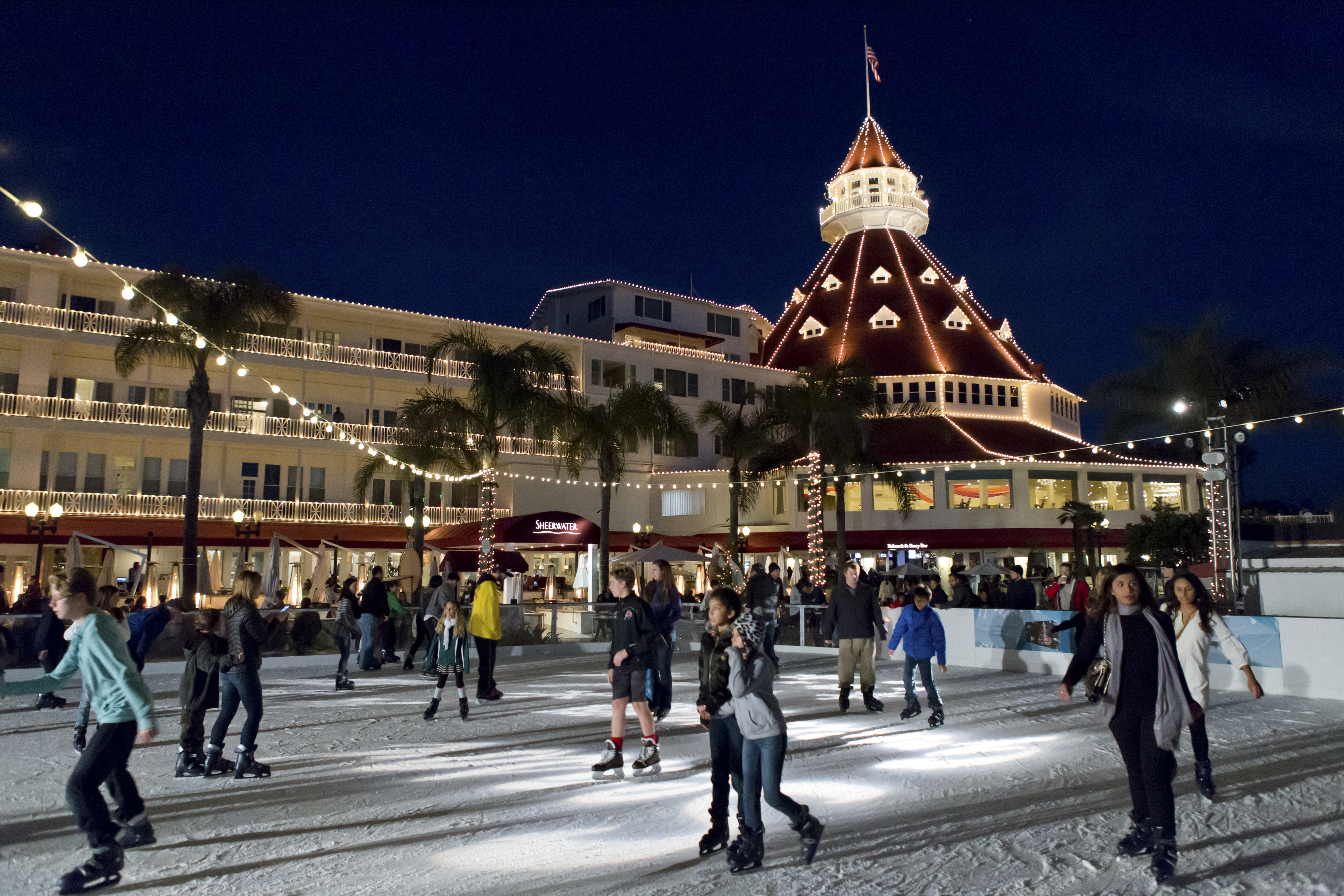With the U.S.-Mexico border reopened for the first time in 19 months to non-essential travel, dignitaries from both sides of the border gathered Monday morning at the San Ysidro Port of Entry to commemorate the occasion.
"After much anticipation and advocacy, I'm thankful the day is finally here to celebrate cross-border travel resuming," said San Diego Mayor Todd Gloria.
"As much as today is about finally being able to bolster our local economy and the businesses who rely on cross-border commerce, it is also about people -- families who can now be reunited after being restricted from crossing the border for nearly 20 months."
The San Ysidro Port of Entry is one of the busiest land border crossings in the world, but it -- and every other crossing along the 1,954-mile border -- has been closed to non-essential travel since March 2020 due to the COVID-19 pandemic.
Get top local stories in San Diego delivered to you every morning. >Sign up for NBC San Diego's News Headlines newsletter.
The closure was detrimental to the border-adjacent town of San Ysidro -- where more than 200 businesses permanently closed during the pandemic -- as well as to the tourism economies of cities on both sides of the border.
"The lifting of border restrictions unleashes economic transactions and a cross-border tourism boost," said the Consul General of Mexico in San Diego, Ambassador Carlos Gonzalez Gutierrez.
Local
"More importantly, it means that thousands of friends, family members and communities will reestablish the continuous contact that used to exist before the pandemic.
"Those human bonds are the most important connection between San Diego and Mexico," he said.
County Board of Supervisors Vice Chair Nora Vargas expressed relief at the reopening of the border and what it would mean for the economy.
"The lifting of non-essential travel restrictions will bring much-needed relief for our region both in terms of our economy and socially for our families," Vargas said. "This is a big step forward and it presents an opportunity to find new ways of elevating our binational workforce and to reimagine what a full economic recovery will look like in our binational region."
As of Monday, all people crossing the border over the age of 18 who are not U.S. citizens or legal permanent residents are required to carry proof of vaccination. Starting in January, all non-U.S. citizens or legal permanent residents must be fully vaccinated in order to cross the border.
Speakers at Monday's event included Baja California Governor Marina del Pilar Avila Olmeda, Tijuana Mayor Montserrat Caballero and Secretary of the Department of Homeland Security Alejandro N. Mayorkas.
"Today, after more than 18 months of pandemic-related travel restrictions, DHS is taking a critical step toward resuming normal travel," Mayorkas said. "Travelers who are fully vaccinated for COVID-19 and have appropriate documentation are now permitted to enter the United States via our land and ferry border crossings for non-essential reasons such as visiting friends and family and engaging in tourism.
"DHS continues to work closely with our international partners and domestic public health experts to sustainably resume travel while protecting our communities and economic security," he said.
Get updates on what's happening in San Diego to your inbox. Sign up for our News Headlines newsletter.
As the volume of travelers across the border is expected to increase, officials are advising the public to plan for longer wait times at ports of entry. U.S. Customs and Border Protection recommend that non-essential travelers do not cross during peak travel times, which are 4 a.m. to 9 a.m. Monday through Friday and 2 p.m. to midnight Saturday through Sunday.
CBP also recommends using the appropriate lanes and complete I-94 Forms online prior to crossing, if needed.
The San Ysidro and Otay Mesa Ports of Entry will remain open 24/7 and the Tecate Port of Entry will be open 6 a.m. to 10 p.m.



